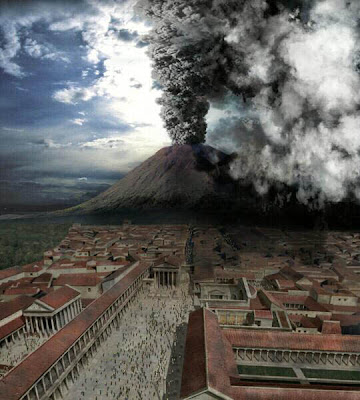Thanks to Jonathan Sawyer for taking and transcribing the notes for our session:
CTE Discussion/Luncheon 6th period, 4-13-10—Notes by Jonathan Sawyer
In attendance:
Malcolm Morrison
Cal Fuller
Kevin Hamrick
Will Norton
Dennis DeYoung
David Deutsch
Presenters (in order of presentation):
Anne Christeson (presenter)
Jonathan Sawyer (presenter)
Haywood Moxley (presenter)
Nicole Serrano (presenter)
Anne:
Anne shared several student projects with the group. She first showed student projects about the sculptor Rodin. Students had created interactive powerpoints that conveyed information to viewers through video clips, colorful photos, and text on slides.
Next, Anne showed a video in which her student had dubbed his reading of a self-written poem about penguins over a video depicting penguins in nature. The student-written poems were inspired by the AP French students’ study of a cycle of poems about the animals on Noah’s Ark. Students set their poems to video, slideshows, or music.
Jonathan:
Jonathan shared examples of student work filmed in class using the technology of the Flip camera. The camera was requested for the German classroom and provided by the generous Mothers Club. With such a tool, video can be shot with ease and immediately downloaded into a playable format on a laptop. The camera has a built-in USB stick that automatically installs/downloads necessary software when it is first used on a computer.
Raw footage can be downloaded from the camera to the computer in seconds, and the camera’s memory is then cleared to film more footage. With the raw footage, one can manipulate and edit the footage by splicing it, adding words/captions/credits, and even by adding music to it. Finally, one can finalize the project by making it into a “movie” file or by creating a DCD of it.
Jonathan has used the camera to record quick, simple student dialogues and scenes. He has also had students act out grammar concepts with physical motion and visual cues that
help instill the principles of the topic at hand.
Jonathan also shared the benefits of using the digital language lab for quick access to and review of student recordings and online media files.
Haywood:
Haywood shared his use of the “comments” function within Word. The English Dpt. now uses digital dropboxes for themes. With a digital file, the teacher can then edit using the comments function to make suggestions, provide criticism, and even to praise student work!
More specifically, Haywood has found it useful to create his own macrons/shortcuts for his toolbars within Word for use when editing. This allows him to mark common mistakes with the stroke of a key or two rather than having to write out the same comment time and again across many themes.
In order to help student understand the processes of turning themes in and receiving them back in digital form, Haywood has also created “jing” videos and screenshots of the steps necessary for correctly editing and turning in a theme digitally.
Jing is available as a free download at jing.com
Nicole:
Nicole presented on the uses of wikispaces and Google reader in the classroom and in preparation of lessons. She has created a wiki for her English class. On this website-like page, she posts lessons, links, videos, handouts etc. for her students’ use.
One particularly convenient function of a Wiki is its ability to notify all members/followers of it (students) via email of any changes made to the Wiki each day. So, if Nicole changes an assignment or adds an important attachment to an assignment, her students are notified via email of this change, and they are directed to visit the Wiki for more information.
Within her Wiki, Nicole has posted videos of Canterbury Tales rap, animations of John Donne’s metaphysical poetry, and downloads of student work (examples). Nicole also touched upon her use of “Google reader” to stay current in her field of teaching, find and share good lesson plans and classroom ideas, and to find articles of interest to the debate world.
6th period CTE was full of great ideas, and it was interesting to see the myriad ways in which different teachers from different departments bring technology into instruction, organization, and evaluation.
Thank you to all who shared ideas and attended.


















